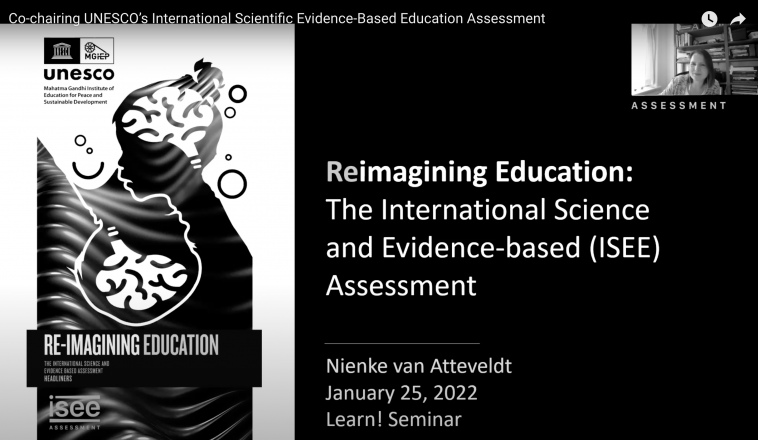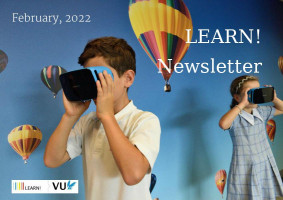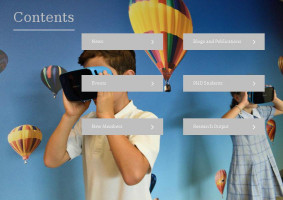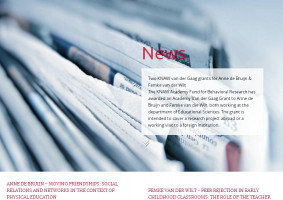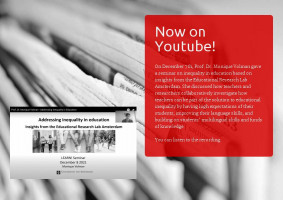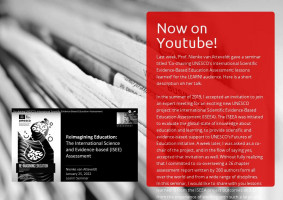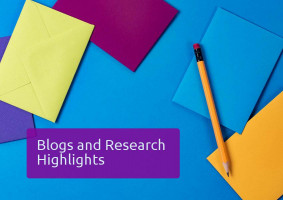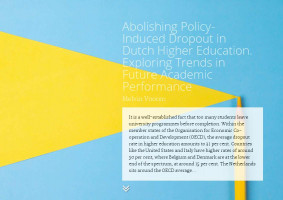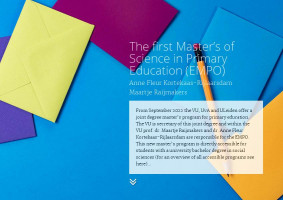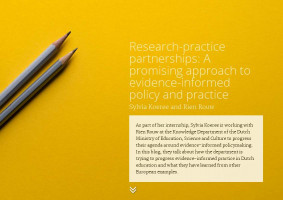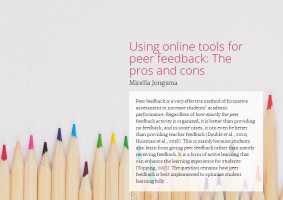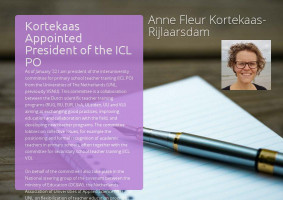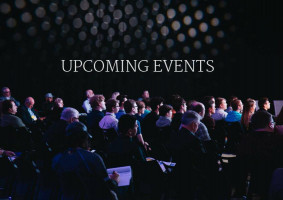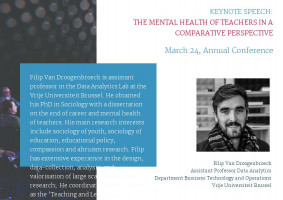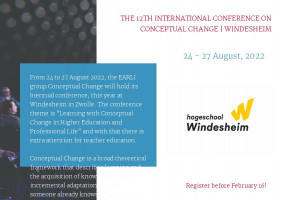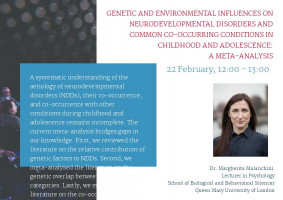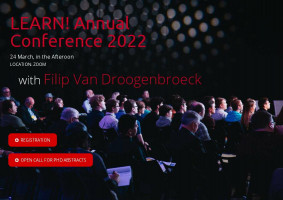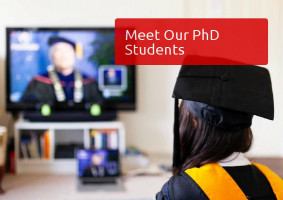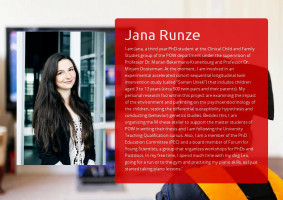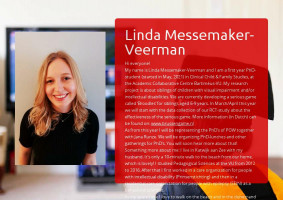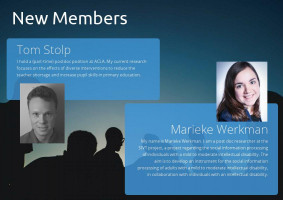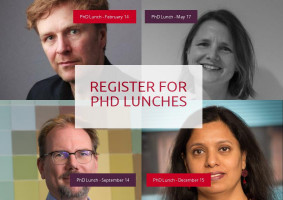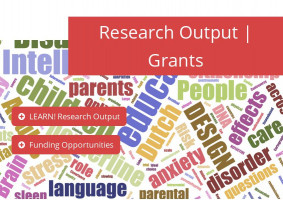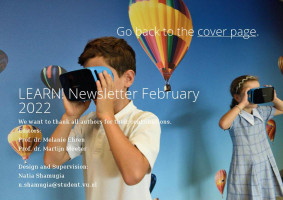_w1700_h1200_1.jpg)
Now on Youtube!
Last week, Prof. Nienke van Atteveldt gave a seminar titled 'Co-chairing UNESCO’s International Scientific Evidence-Based Education Assessment: lessons learned' for the LEARN! audience. Here is a short description oh her talk.
In the summer of 2019, I accepted an invitation to join an expert meeting for an exciting new UNESCO project: the International Scientific Evidence-Based Education Assessment (ISEEA). The ISEEA was initiated to evaluate the global state of knowledge about education and learning, to provide scientific and evidence-based support to UNESCO’s Futures of Education initiative. A week later, I was asked as a co-chair of the project, and in the flow of saying yes, accepted that invitation as well. Without fully realizing that I committed to co-overseeing a 26 chapter assessment report written by 260 authors form all over the world and from a wide range of disciplines.
In this seminar, I would like to share with you lessons learned 1) from the ISEEA project outcomes and 2) from the experience of working with such a large and diverse group of experts (during a pandemic). For the first part, I will explain the aims of the ISEEA and the approach we took, the preliminary key findings and messages of the different chapters, organized in sections on human flourishing, context, and the learning experience. For the second part, I will reflect on the multidisciplinary process that resulted in the balanced assessment chapters and a synthesis document (the Summary for Decision Makers).
More information on the project:
